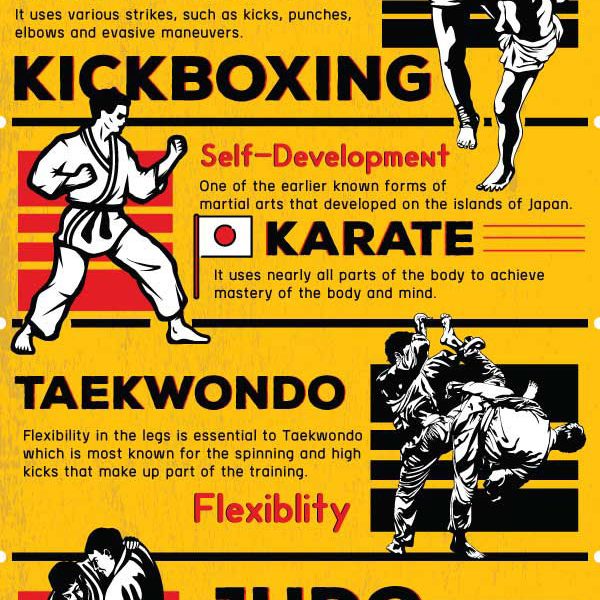The Impact Of Youth Fighting Style On Academic Performance And Focus
The Impact Of Youth Fighting Style On Academic Performance And Focus
Blog Article
Produced By-Holt Svenstrup
Tip onto the mat of expertise and discover the hidden power that young people martial arts possess.
Like a well-sharpened sword, the effect of these ancient methods on scholastic performance and emphasis is a force to be reckoned with.
As you explore the depths of this conversation, you will uncover the capacity for boosted cognitive abilities, improved concentration skills, and a substantial increase in academic performance.
Yet the journey does not finish there, for real keys lie within the web pages yet to be explored.
Boosted Cognitive Capacities
Improved cognitive capacities have been observed in youth who participate in fighting styles. By participating in fighting styles training, you can improve your cognitive functions such as interest, emphasis, and memory. The physical motions and strategies associated with fighting styles require psychological coordination and concentration, resulting in boosted cognitive skills.
Research studies have revealed that routine involvement in fighting styles can boost information processing rate and executive functions, which are important for scholastic success. Martial arts training additionally helps to boost analytic skills and decision-making capabilities, as professionals learn to examine and react swiftly to different circumstances.
Furthermore, fighting japanese martial art promotes discipline and self-discipline, which are necessary top qualities for effective understanding and scholastic success.
Boosted Focus Skills
Just how can martial arts educating enhance your capacity to focus?
Fighting style training can significantly boost your concentration skills. With the method of numerous strategies and motions, you're called for to concentrate your interest on the job at hand. This consistent involvement assists to train your mind to remain present and concentrated.
https://elliotttciov.dreamyblogs.com/32820426/fundamental-taekwondo-moves-for-novices show you to block out disturbances and keep a high level of concentration also in difficult situations. The rep of motions and techniques throughout training assists to develop muscular tissue memory, enabling you to carry out activities with precision and performance.
In addition, fighting styles training often incorporates mental workouts such as meditation and mindfulness, which further improve your capacity to focus and keep emphasis.
Boosted Academic Performance
Martial arts training can substantially enhance your academic performance by fostering discipline, emphasis, and self-esteem.
When you practice fighting styles, you learn to establish goals, produce routines, and manage your time efficiently. These abilities convert right into enhanced study practices and far better scholastic performance.
Martial arts also teach you to remain concentrated and focus on the task at hand. https://nerdist.com/article/cobra-kai-season-5-which-characters-belong-to-which-dojo-miyagi-do/ improved ability to concentrate can greatly benefit your knowing experience, permitting you to soak up and preserve info better.
Moreover, the self-esteem acquired through fighting styles can positively affect your academic efficiency. Believing in yourself and having a positive state of mind can assist you get rid of obstacles, take risks, and reach your complete scholastic potential.
Verdict
Young people fighting styles have a considerable impact on academic efficiency and emphasis.
Research study reveals that students who join martial arts experience improved cognitive capacities, improved concentration skills, and improved academic performance.
In fact, a research found that trainees that participate in routine martial arts training have a 15% greater grade point average contrasted to those that don't.
This fact highlights the favorable relationship in between fighting styles and scholastic success, stressing the value of incorporating such tasks into the lives of young people.
